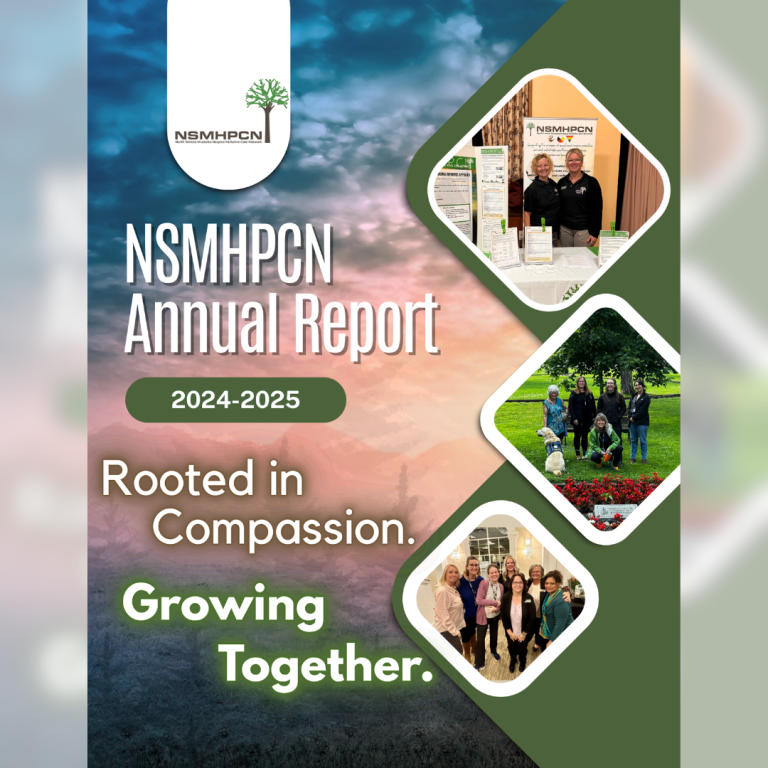 Understanding Equity and Accessibility in Palliative Care
Understanding Equity and Accessibility in Palliative Care
Equity and accessibility in palliative care focus on removing systemic barriers to ensure that every individual who needs support can access high-quality, timely, and culturally sensitive end-of-life care. Achieving this requires addressing a range of challenges, including geographical distance, economic hardship, social stigma, racism, language barriers, and culturally specific needs. Efforts must go beyond simply providing services—they should actively work to create inclusive practices that recognize and respect diverse experiences. This includes building strong partnerships with communities, expanding services into underserved and rural areas, and ensuring resources are distributed fairly. Equally important is the training of healthcare providers in structural competency, cultural humility, and equity-focused care, so they are equipped to identify inequities, challenge systemic biases, and respond effectively to the unique needs of patients and families. By embedding equity into all levels of planning, delivery, and evaluation, palliative care systems can better ensure that dignity, comfort, and compassion are truly accessible to all.














